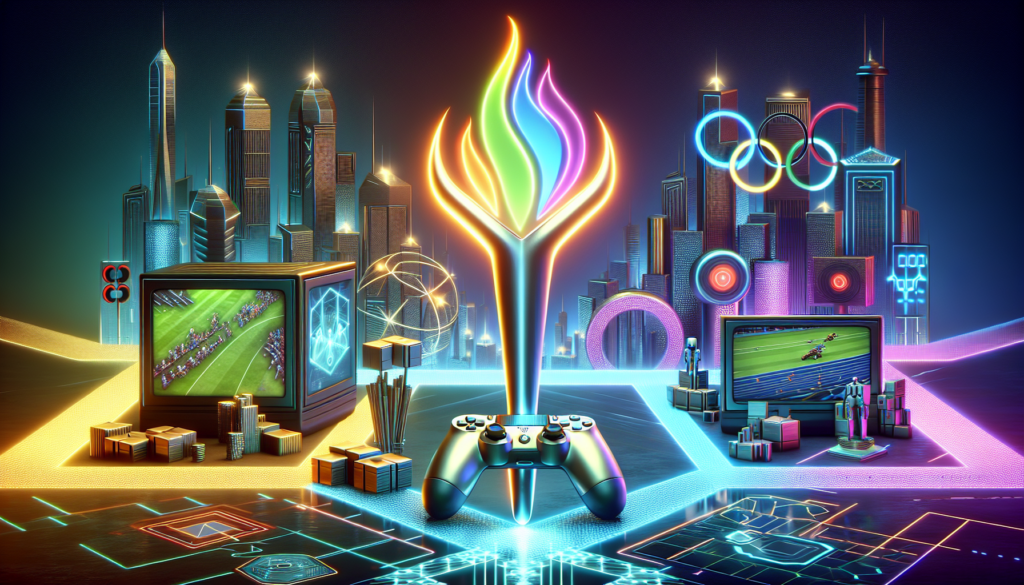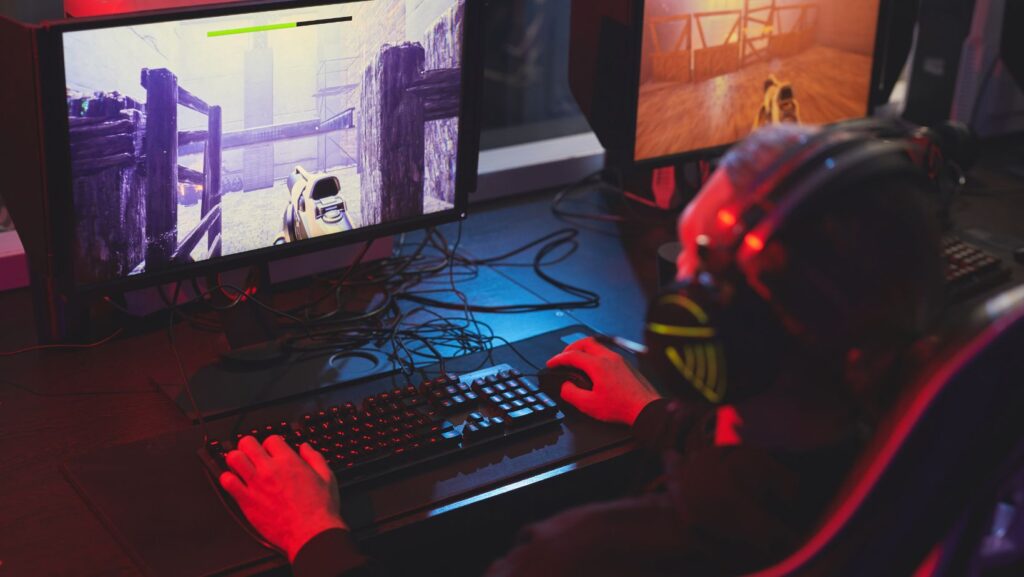The gaming world is witnessing something remarkable – the International Olympic Committee has officially embraced esports. This isn’t just another gaming tournament announcement; it’s a transformative moment that bridges the gap between traditional sports and digital competition. For gamers and industry players alike, this opens up exciting new possibilities that were hard to imagine just a few years ago.
Think about it – esports at the Olympics! This shift shows just how far competitive gaming has come. It’s no longer just about late-night gaming sessions and local tournaments. The Olympic seal of approval brings a whole new level of legitimacy to esports, showing that digital competition deserves its place alongside traditional athletic events. This is about more than just playing games – it’s about recognizing the skill, dedication, and competitive spirit that defines modern digital sports.
For competitive gaming, the Olympic Esports Games represent a time when competitive gaming is finally recognized on a global stage as a true sport. The integration of esports into the Olympic framework legitimizes gaming as a professional sport and provides new ways for fans and players everywhere to engage with digital sports in ways never before seen. For instance, onlinesportsbooks.ltd has a lot of resources for those who want to go more into esports and potential betting options. Whether you’re looking for esports or sports betting, this site will show you the good online sportsbooks in which to bet safely, and also be able to give you tips and strategies for betting on esports tournaments or Olympic Games.
Olympic Integration And Competitive Framework
The Olympic Esports Games has created a comprehensive competitive structure that feels both fresh and familiar. The platform offers extensive coverage of esports events, betting options, and live streaming services that enhance the viewing experience. Multiple gaming titles across different genres ensure there’s something for everyone, while the qualification system mirrors traditional Olympic sports.

Players work their way up through regional tournaments, face off in preliminaries, and compete for medals just like traditional athletes.
The integration process has also introduced sophisticated tournament management systems and standardized rules across different gaming platforms. Organizers have implemented advanced anti-cheating measures and real-time monitoring tools to ensure fair play. Additionally, the Olympic framework includes mandatory training programs for referees and technical officials, ensuring consistent judgment across all competitive levels. This structured approach has helped legitimize esports competitions and create a more professional environment that both participants and spectators can trust.
The Olympic framework has also introduced specialized training centers and development programs across multiple continents. These facilities combine traditional athletic training with esports-specific preparation, including reaction time development, hand-eye coordination exercises, and strategic decision-making drills. The centers also feature state-of-the-art gaming setups, performance analysis tools, and dedicated coaching staff who understand both the technical and mental aspects of competitive gaming. This infrastructure development has created a more professional environment for aspiring esports athletes and helped standardize training methodologies across different regions.
Professional Recognition And Industry Standards
Esports has become a global phenomenon with a massive worldwide audience. The Olympic movement’s embrace of gaming marks a significant milestone in its evolution. This development goes beyond adding another event to the Olympic program – it establishes new standards for professional gaming, including anti-doping measures, player conduct guidelines, and competitive integrity checks. For aspiring pro gamers, this means clearer career paths and better support systems.
The establishment of standardized training regimens and certification programs has revolutionized how professional gamers prepare for competition. These programs now include physical fitness requirements, mental health support, and nutritional guidance – similar to traditional sports.

Professional teams are required to maintain medical staff and sports psychologists, ensuring players receive comprehensive support throughout their careers. This holistic approach to player development has significantly improved the longevity and sustainability of professional gaming careers.
Market Growth And Economic Impact
The esports industry continues to experience remarkable growth and expansion. The Olympic recognition is expected to accelerate this trajectory even further. Major brands are increasingly investing in esports, recognizing it as a premium way to reach audiences. New training facilities, cutting-edge broadcast technology, and purpose-built venues are being developed worldwide. This expansion creates jobs, opportunities, and new ways for people to make their mark in the gaming world.
Future Developments And Global Expansion
The Olympic Committee has committed to a comprehensive integration of esports into the Olympic movement. They’re implementing plans to incorporate esports into regional and continental games, creating a proper pathway to the main Olympic stage. This initiative is encouraging countries to develop their own esports programs and training systems. For the global gaming community, this means more structure, better organization, and a future where digital sports stand shoulder to shoulder with traditional athletics. It’s an exciting time to be part of the esports world, whether you’re a player, fan, or industry professional.



